City officials in Chicago once had an open policy for asylum seeking migrants. However, new issues have caused them to reverse their decision.
Chicago city shelters have hit capacity in recent months, with dozens of temporary shelters opening near schools and parks. Over the past two years, more than 37,000 migrants have piled into the city, causing a strain on resources.
City Officials Confirm Many Migrants Are Not Illegal

Although the purpose for searching for a better life can often come with various reasons, asylum seekers and illegal immigrants are two different categories.
Chicago Mayor Brandon Johnson confirmed at a press conference that most of the people taking up place in shelters are people who have fled unsafe conditions in other countries and are therefore legal refugees. However, it’s unknown how many still fall under the illegal immigrant umbrella term.
New York City Previously Enacted Similar Rules
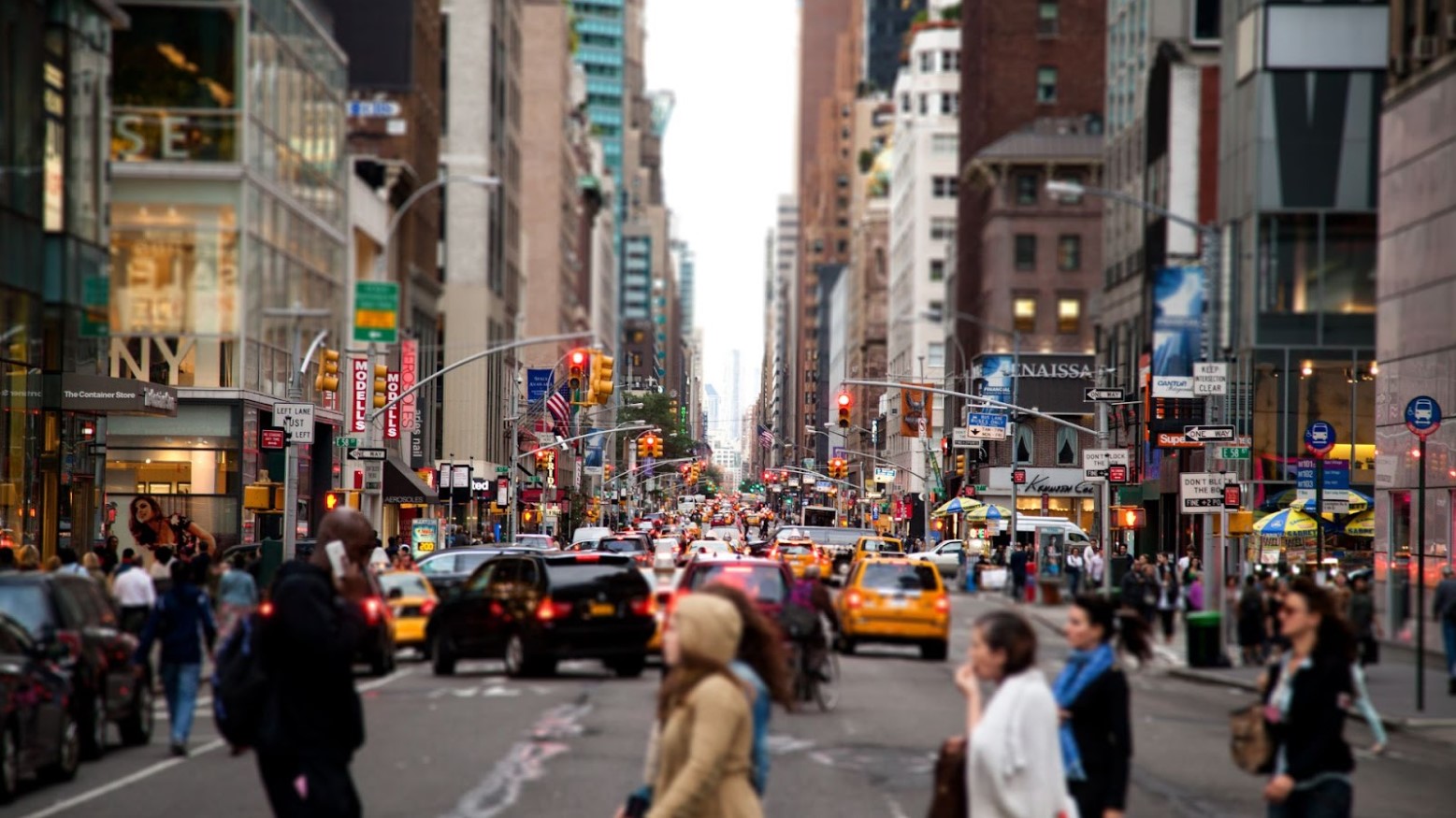
Although New York was once seen as a haven for illegal immigrants and migrants alike to find a safe place to stay, they have recently created new rules to limit the amount of time spent in shelters.
New York enacted a 60-day policy on all shelter residents, which caused a large number of migrants and asylum seekers to find a new place to live.
Chicago Kicking out Thousands Soon
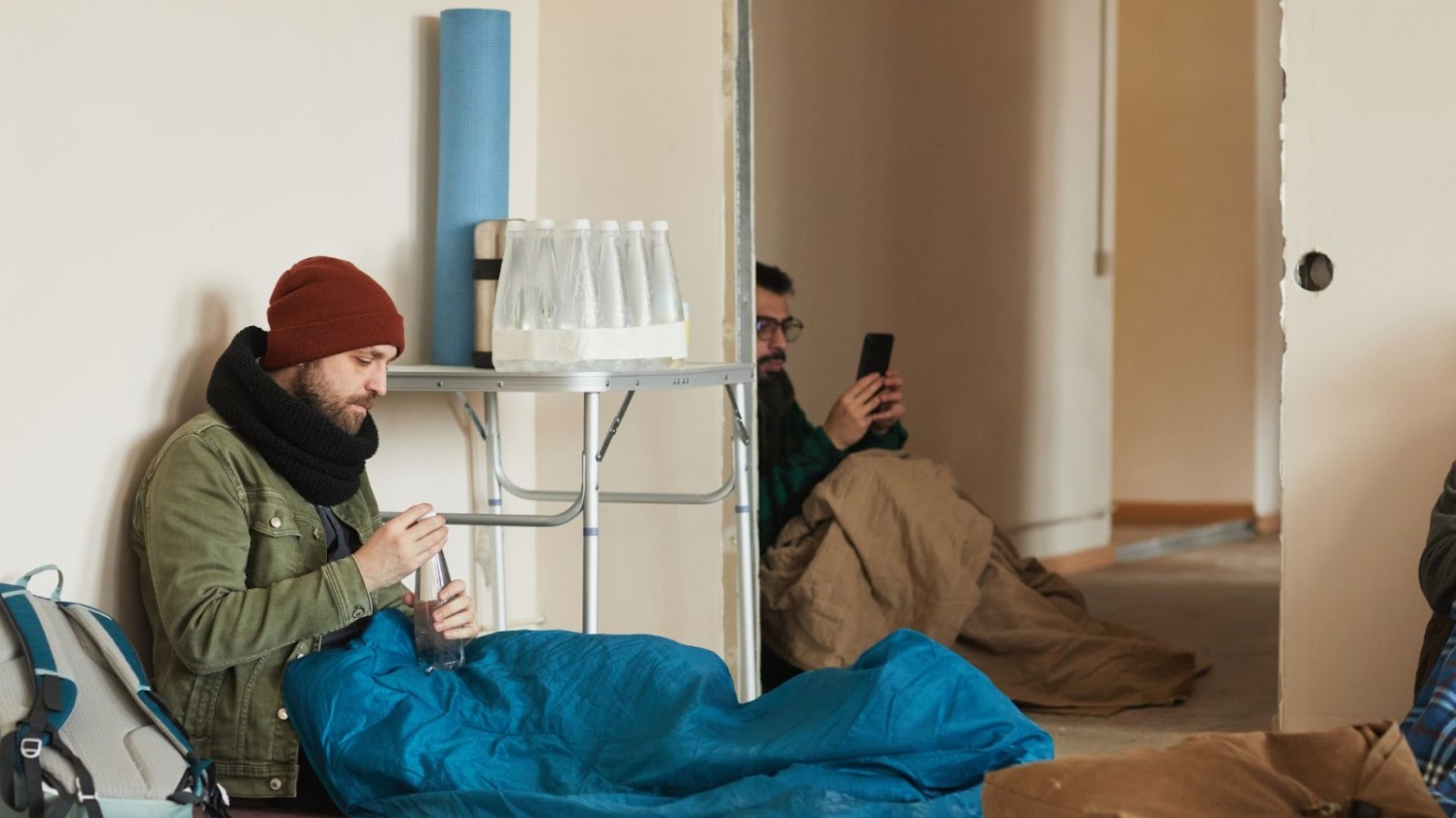
With the new policies being put in place, 5,600 people are expected to be asked to leave Chicago city shelters on Saturday.
Although many city officials want to extend the length of time that migrants can spend in shelters, the increased capacity has caused the city’s budgets and resources to become worn.
Disease Is Feuling the New Change

Along with beds, resources, and funding being stretched thin at homeless and migrant shelters around the city, the flare up of an uncommon diseases is also increasing issues.
A recent rash of the measles virus has spread through the shelters. As many people and kids have come from countries with underdeveloped medical care, they lack the appropriate vaccinations.
Migrants Began Coming When Texas Sent Them
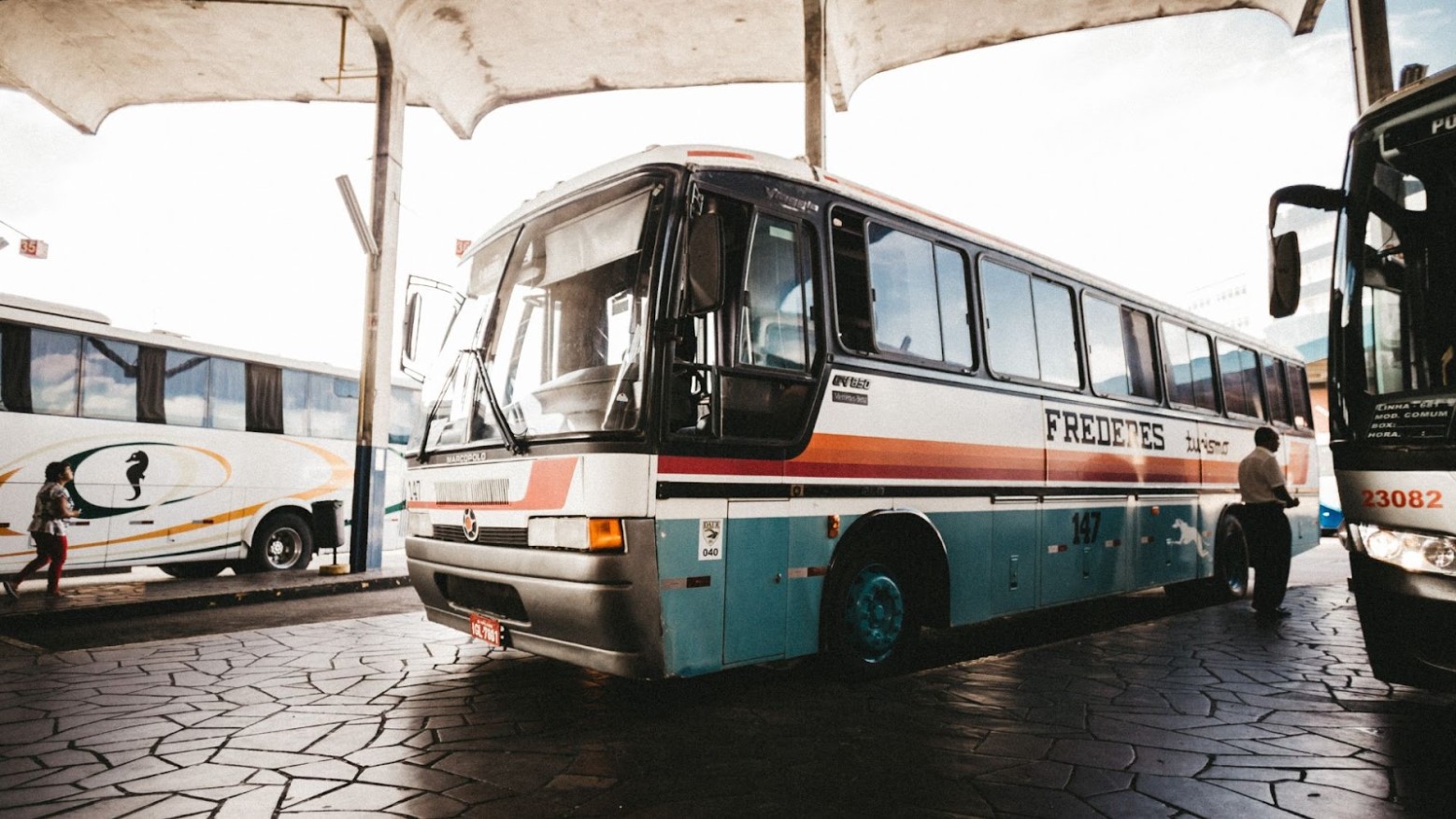
The huge increase in migrants landing on the shores of Lake Michigan has come from a surprising source.
The migrants occupying the shelters didn’t necessarily choose Chicago as their destination. Instead, many of them were sent on buses by Texas Gov. Greg Abbott who wanted to flood the resources of so-called sanctuary cities.
Temporary Shelters Wearing Thin
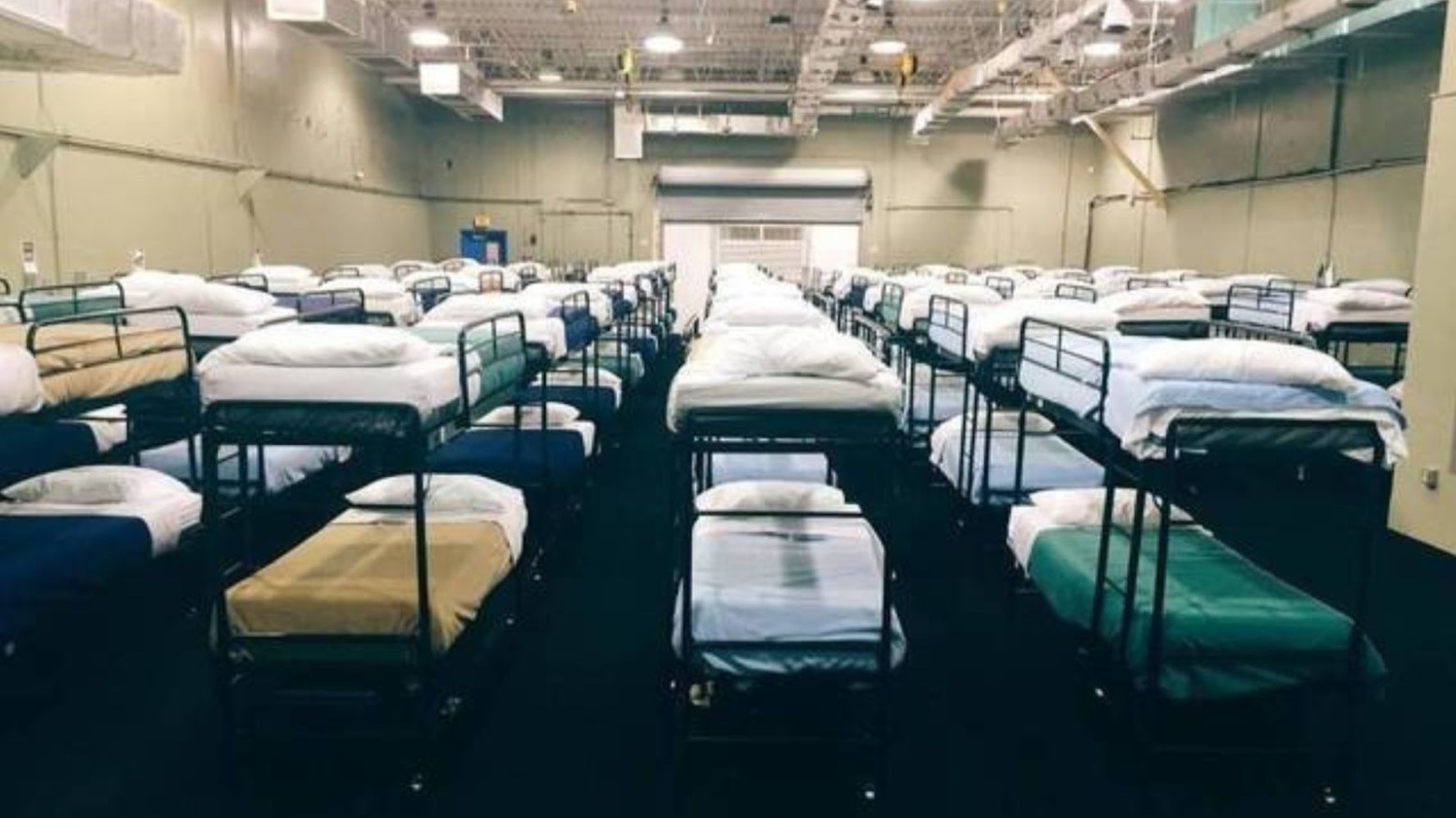
Due to the large population increase, Chicago has had to erect more than 20 temporary shelters around the city.
They have been placed in churches, libraries, hotels, and former warehouses. Each shelter houses between 100 and 1,000 people at a time.
Evictions Postponed Due to Weather Conditions

Although the process for evicting migrants has been on the docket of the city council for months now, Mayor Johnson urged the city to postpone due to cold snaps in the area.
Winter in Illinois is a harsh and unforgiving place. Johnson made a judgment call to keep people safe from harsh weather conditions before evicting them from shelters before moving on with the ruling.
Evicted Migrants Can Reapply for Assistance
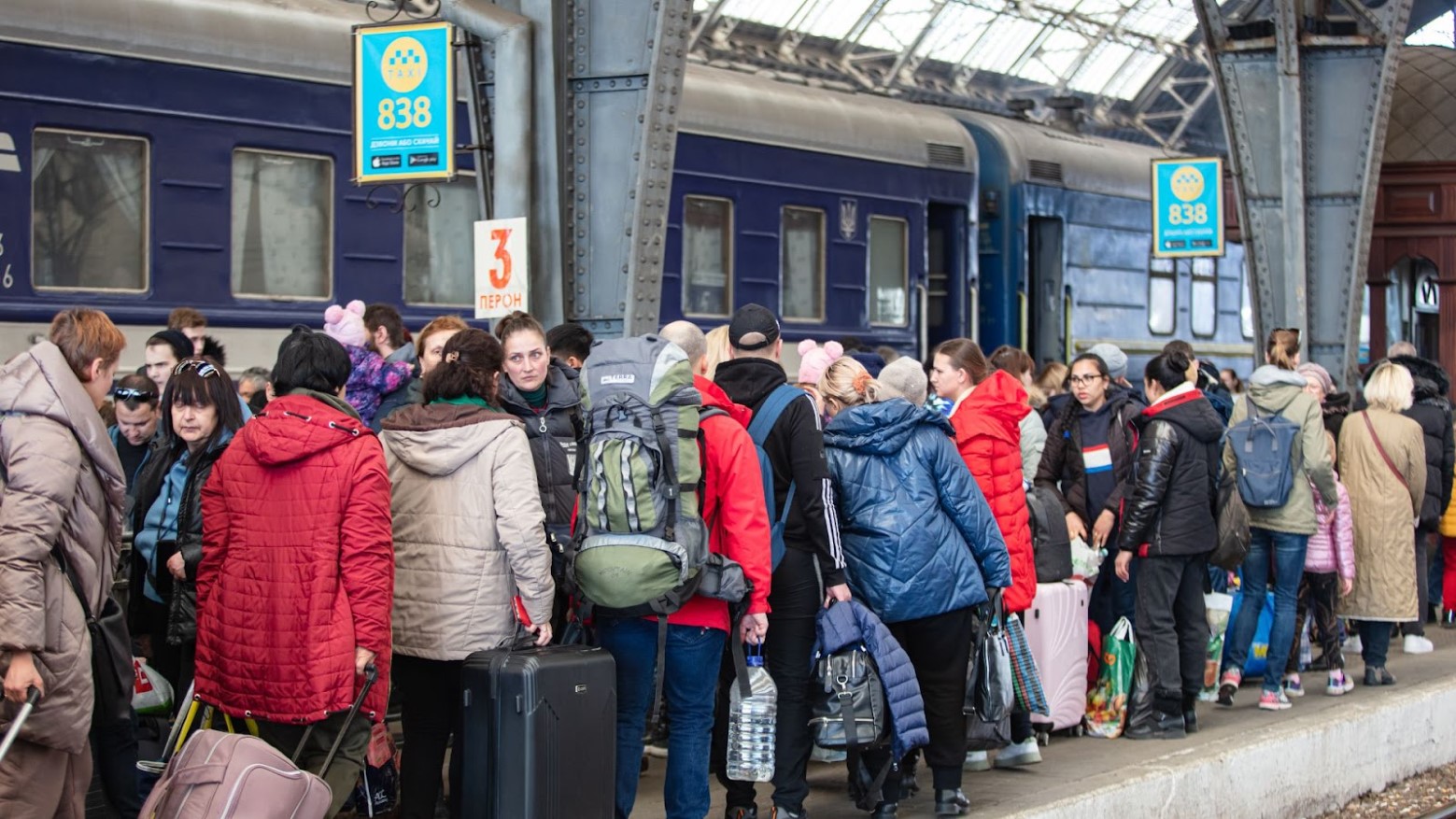
Once evicted, migrants can then reapply for assistance programs to hopefully attain legal work, shelter, or status.
Unfortunately, this means many migrants will probably come right back to the same shelters they were kicked out of.
City Council Members Oppose the Evictions
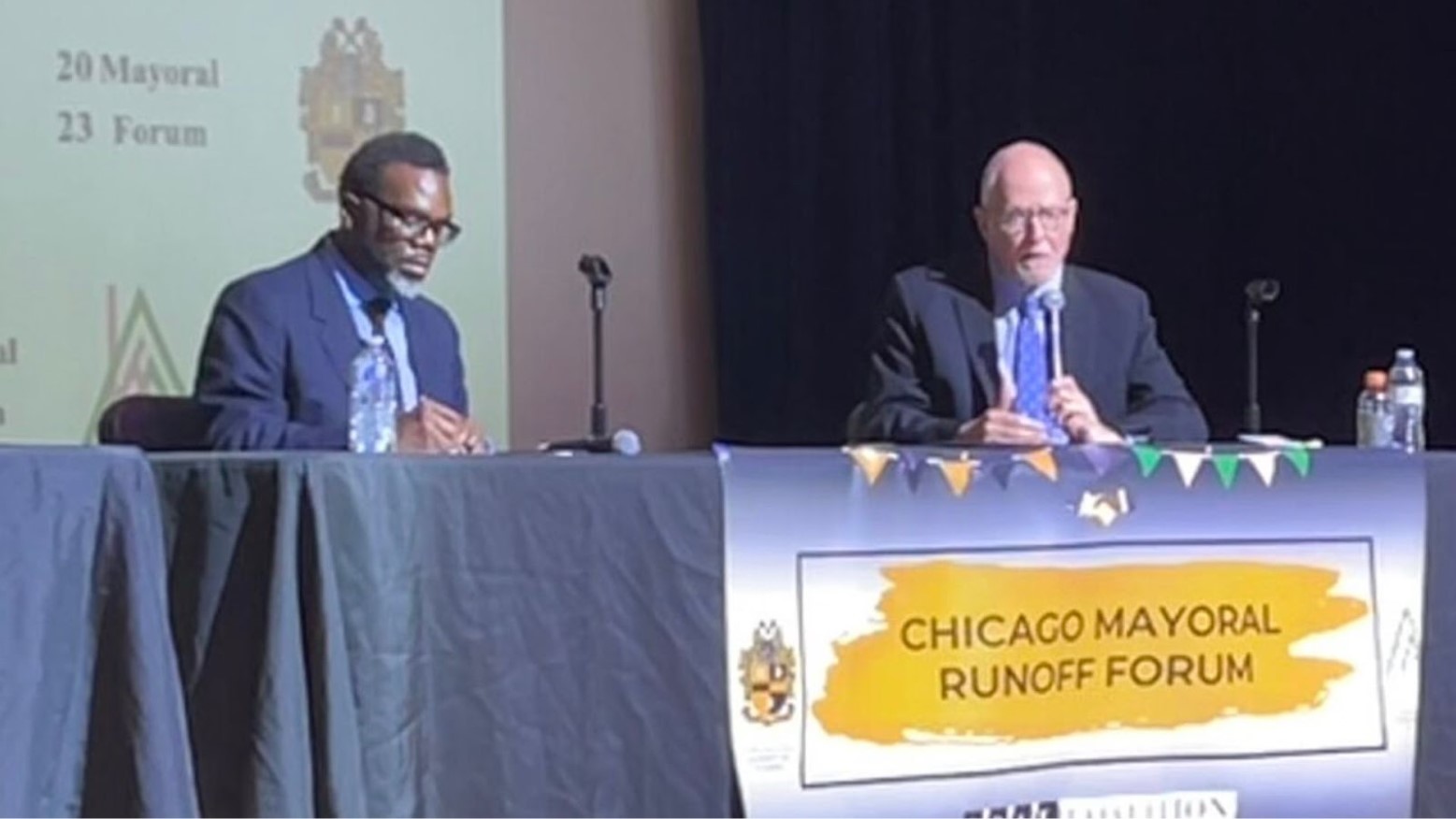
Although the new rules were passed through City Council, many members remain steadfastly against the decision.
Recently, 18 city council members signed a letter to the mayor, urging him to back down on the policy. They argue that evicting migrants will cause them to lose stability. Many kids will be kicked out of any schools they were previously admitted to, due to an address change.
Residents in a Hurry to Have Their City Back
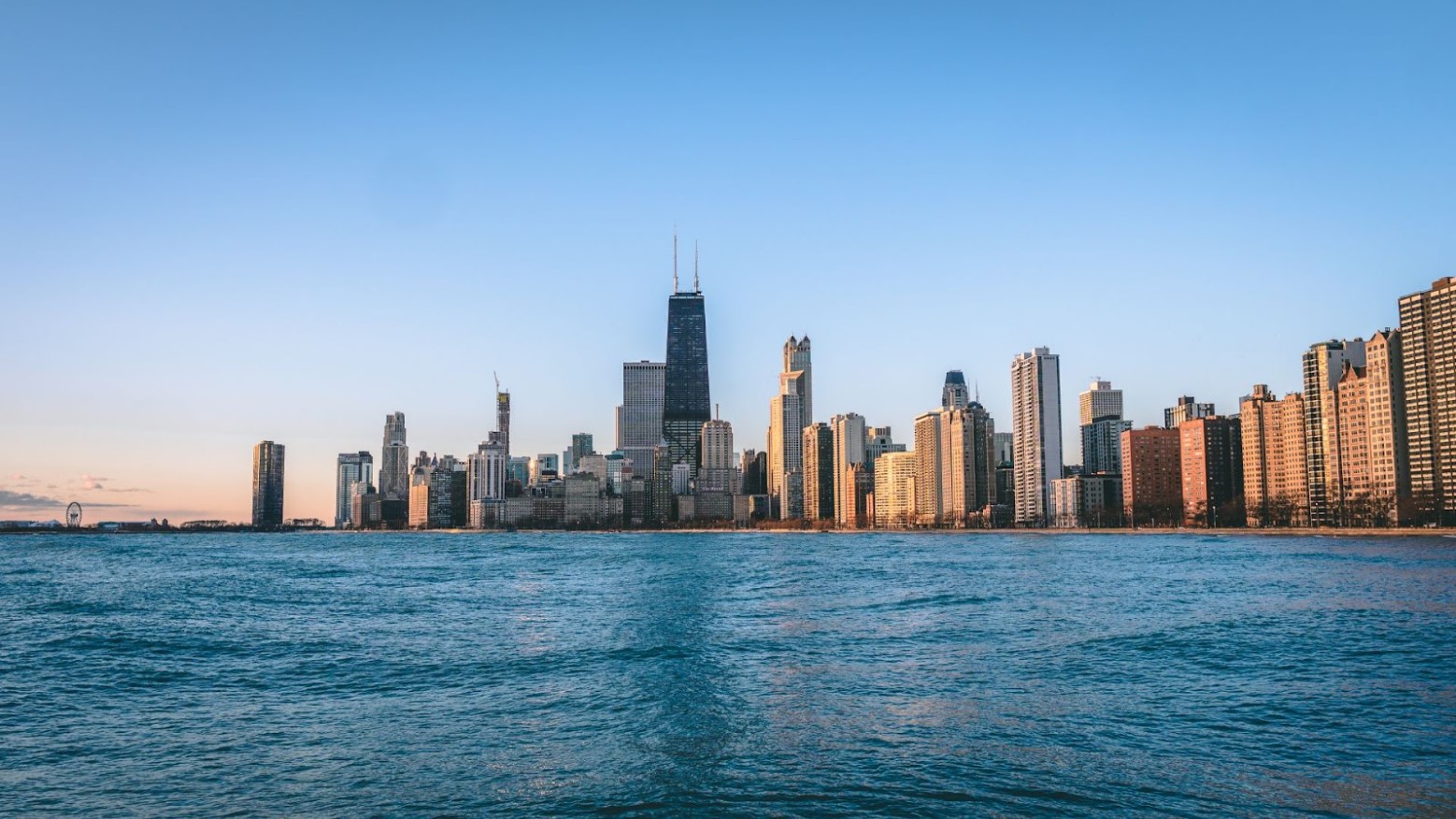
Although shelter volunteers have described how migrants want to find safe and permanent housing, they aren’t getting out fast enough.
Because of the delayed action to rehome thousands of migrants, residents of Chicago are desperate to have their parks, libraries, and social services back.
Critics Worry About the Consequences of Evictions
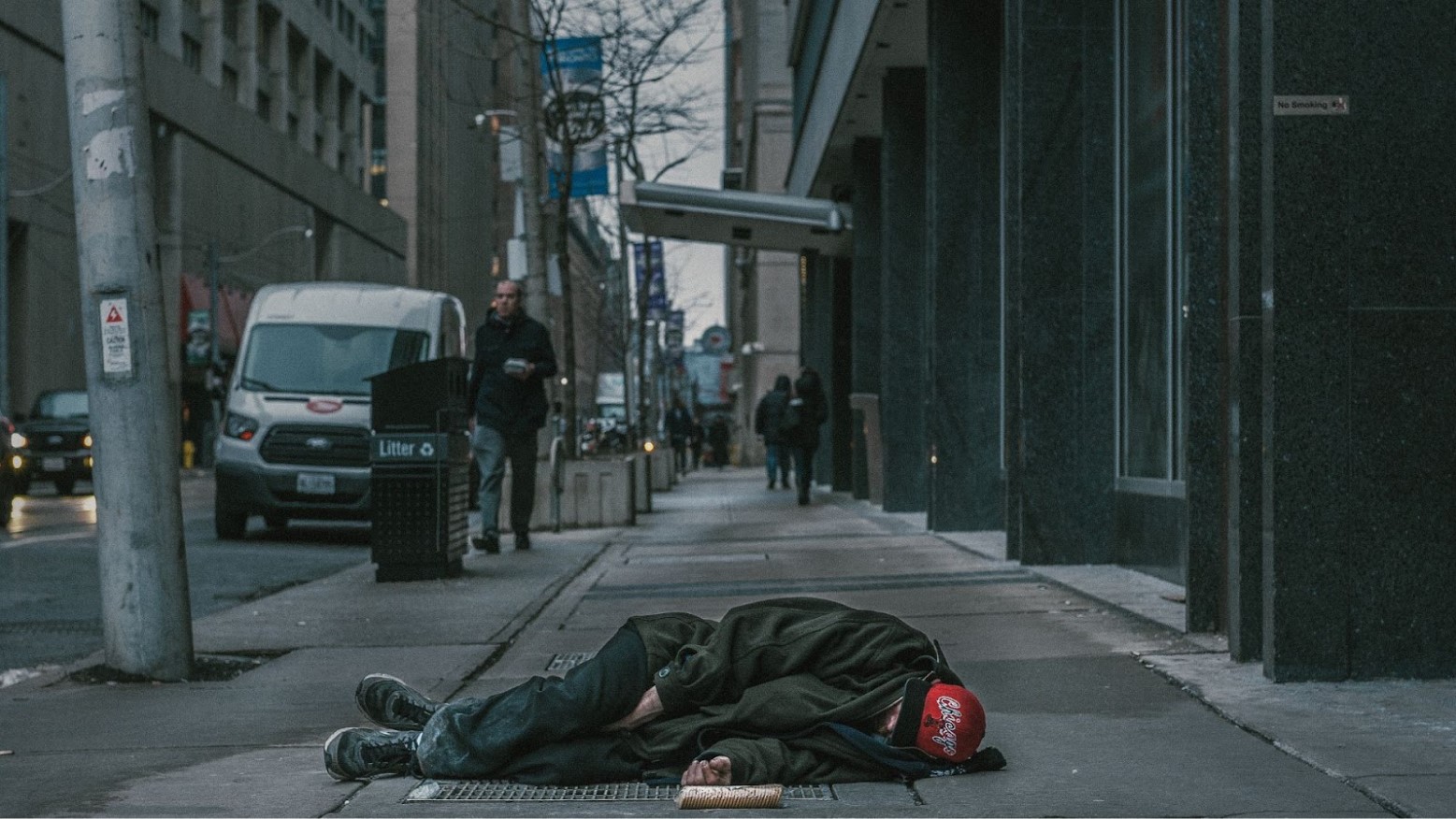
A common criticism of the new ruling is that migrants will become homeless and stay in the city.
Unlike Texas, which physically stops migrants from entering or buses them out, Chicago is landlocked and can’t use the same force tactics to make groups leave.
